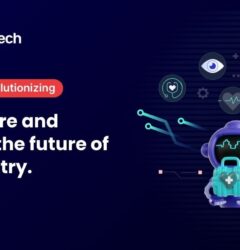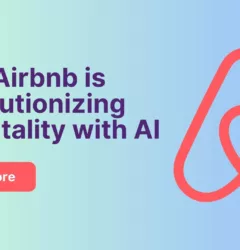Garbage In, Garbage Out: Underestimating Data Quality
Your AI app is only as good as the data it's trained on. If your data is inaccurate, incomplete, or biased, your app will learn those flaws and produce unreliable results. Focus on collecting high-quality data that's relevant to your specific application. Clean and organize your data meticulously to avoid feeding your AI "garbage."
Resource Miscalculation: Failing to Plan for Power
Training AI models can be computationally expensive. Don't underestimate the processing power and storage needs your project will require. Factor in costs associated with cloud computing or on-premise hardware upgrades before development begins.
The Blind Spot: Skipping Rigorous Testing
Just like any other software, thorough testing is crucial for AI apps. Devise test cases that explore the boundaries of your AI's capabilities and identify potential biases or errors. Gather feedback from a diverse group of users to ensure your app functions as intended and avoids unintended consequences.
Crystal Ball Fallacy: Neglecting Model Drift
AI models are susceptible to "drift" over time. As the real world evolves, the data your app encounters will change. This can cause your model's performance to degrade. Establish a plan for monitoring and retraining your model to ensure it stays accurate and relevant.
User on Mute: Ignoring User Experience
Your AI app might be a marvel of technology, but if it's clunky or frustrating to use, it won't find success. Focus on user-centered design principles to create a seamless and intuitive experience. Don't forget about explainability - consider incorporating features that help users understand how your AI arrives at its decisions.


